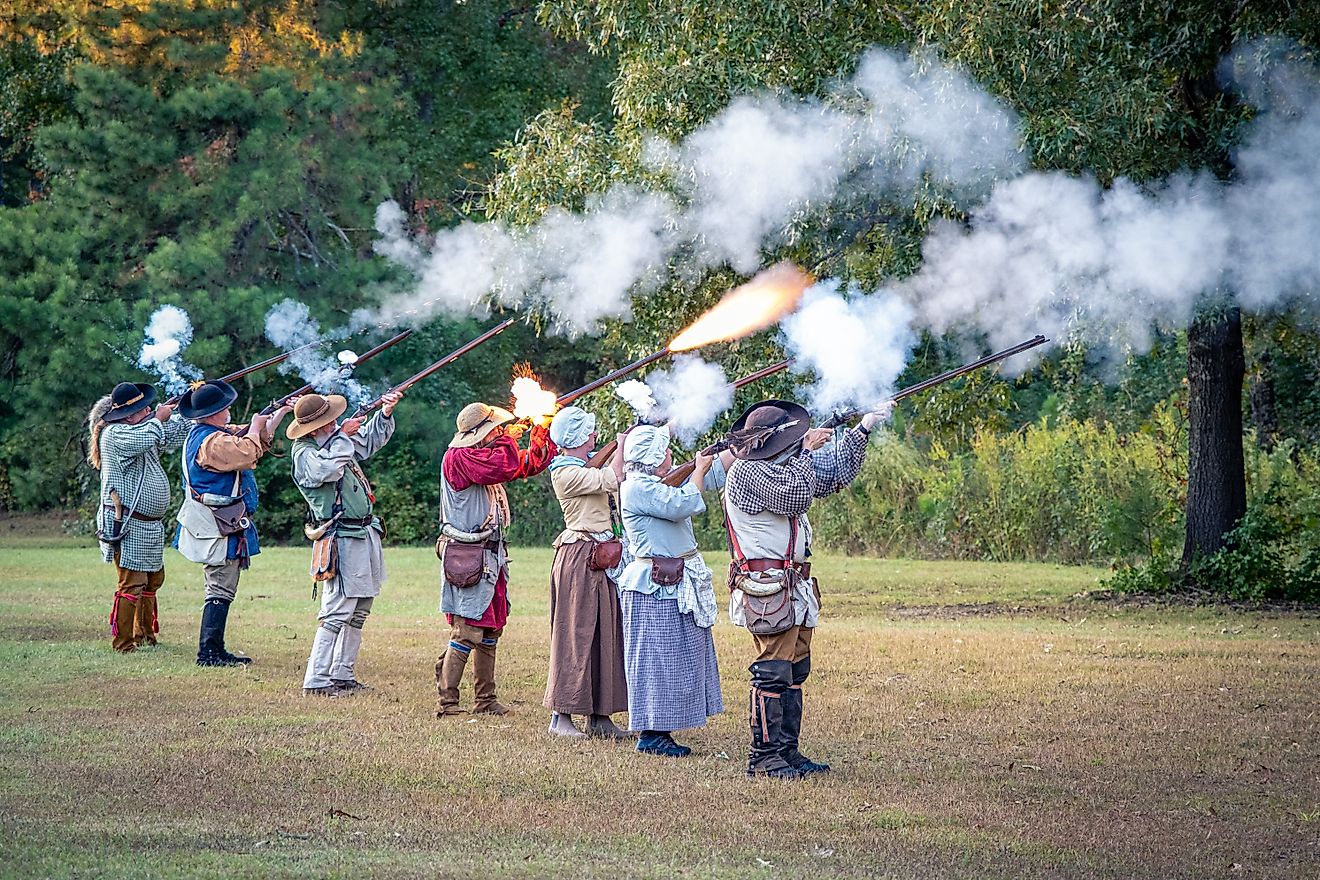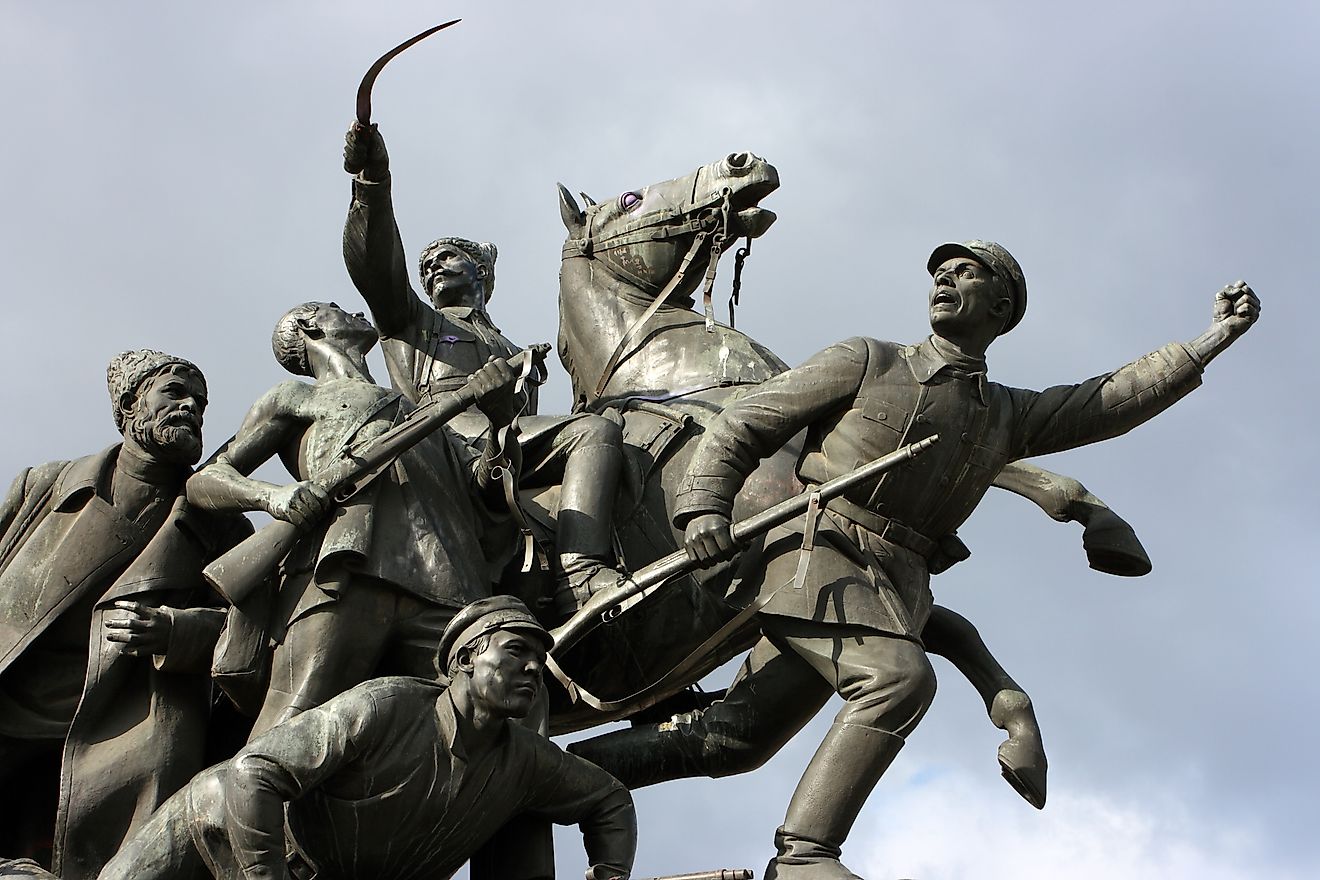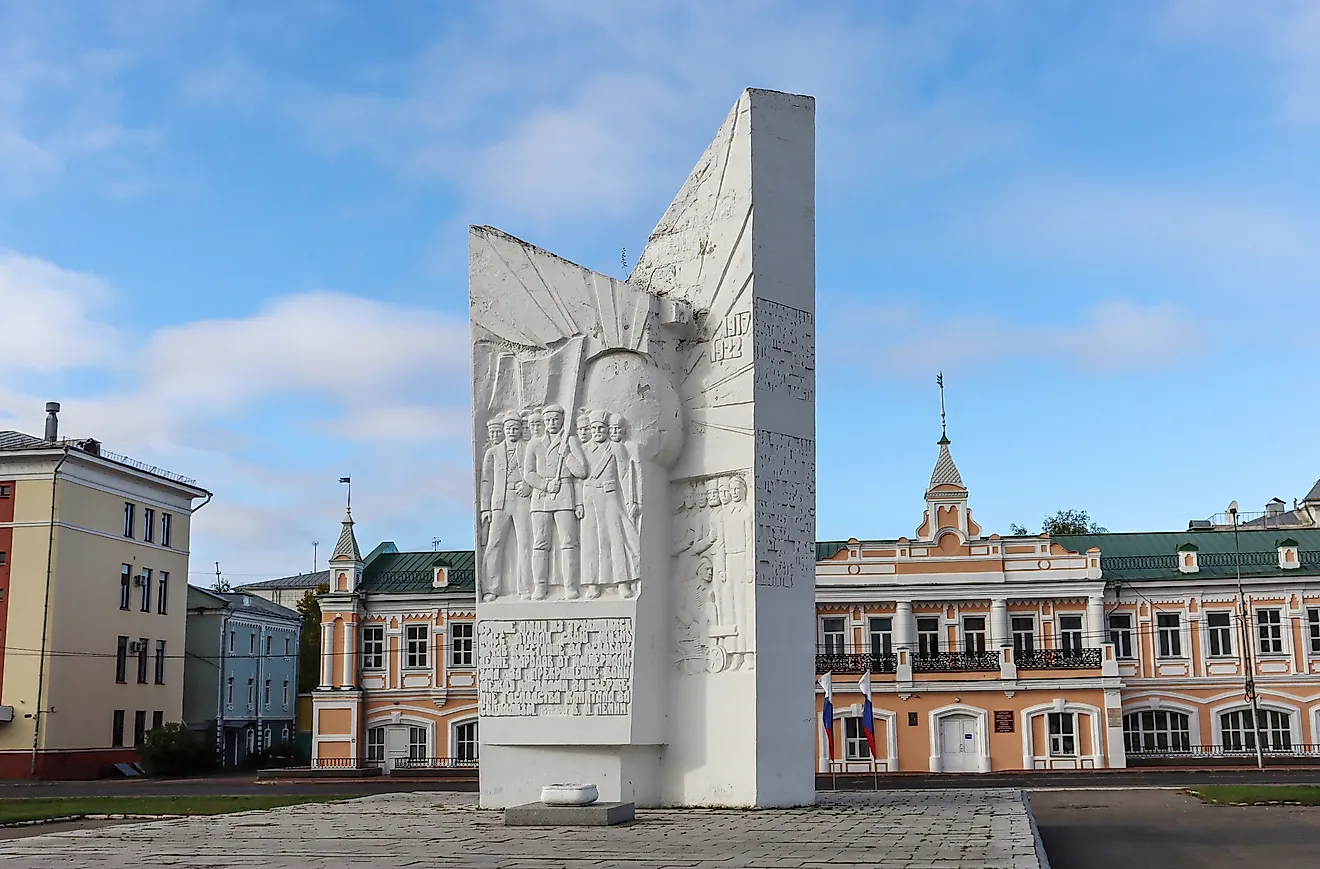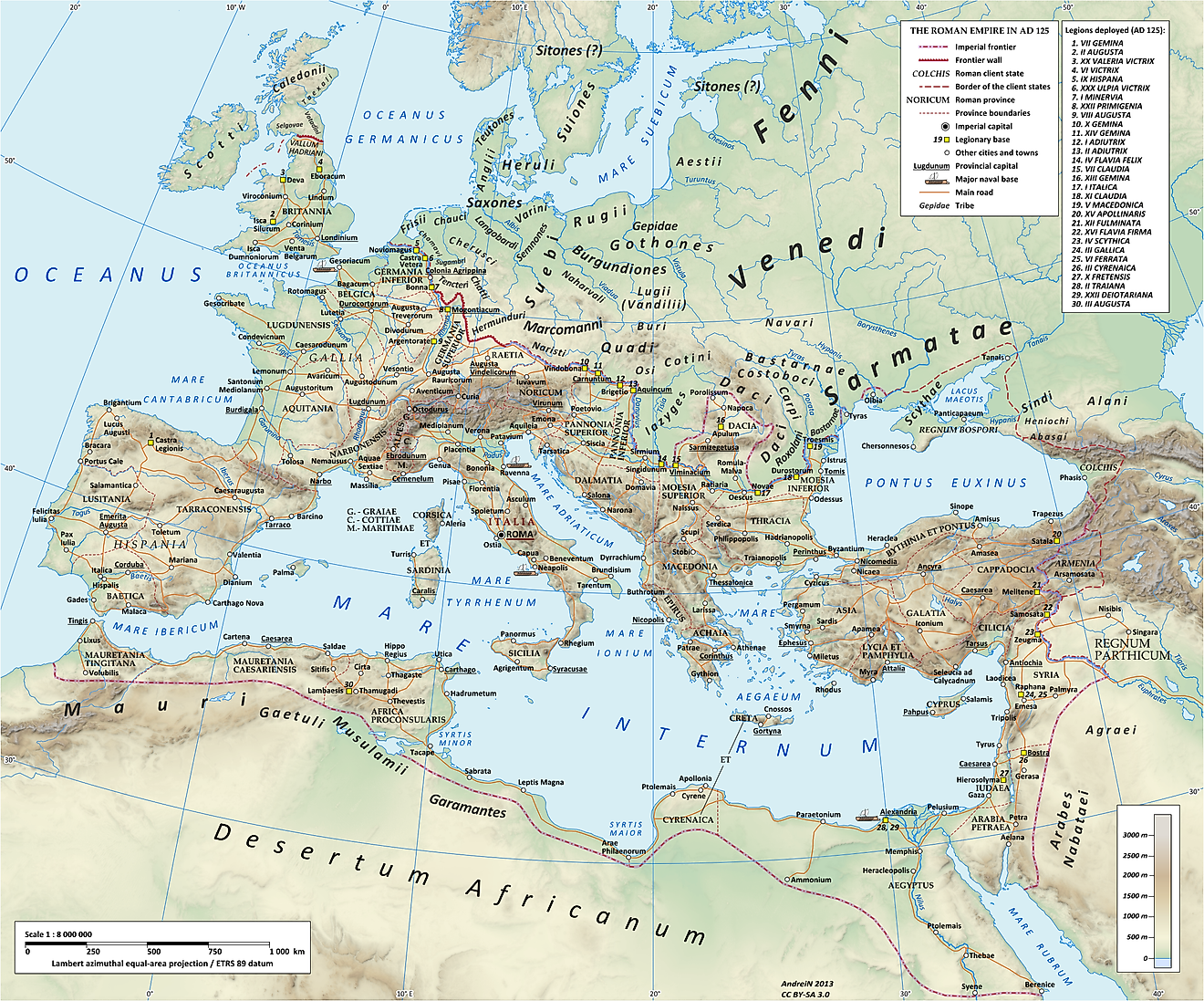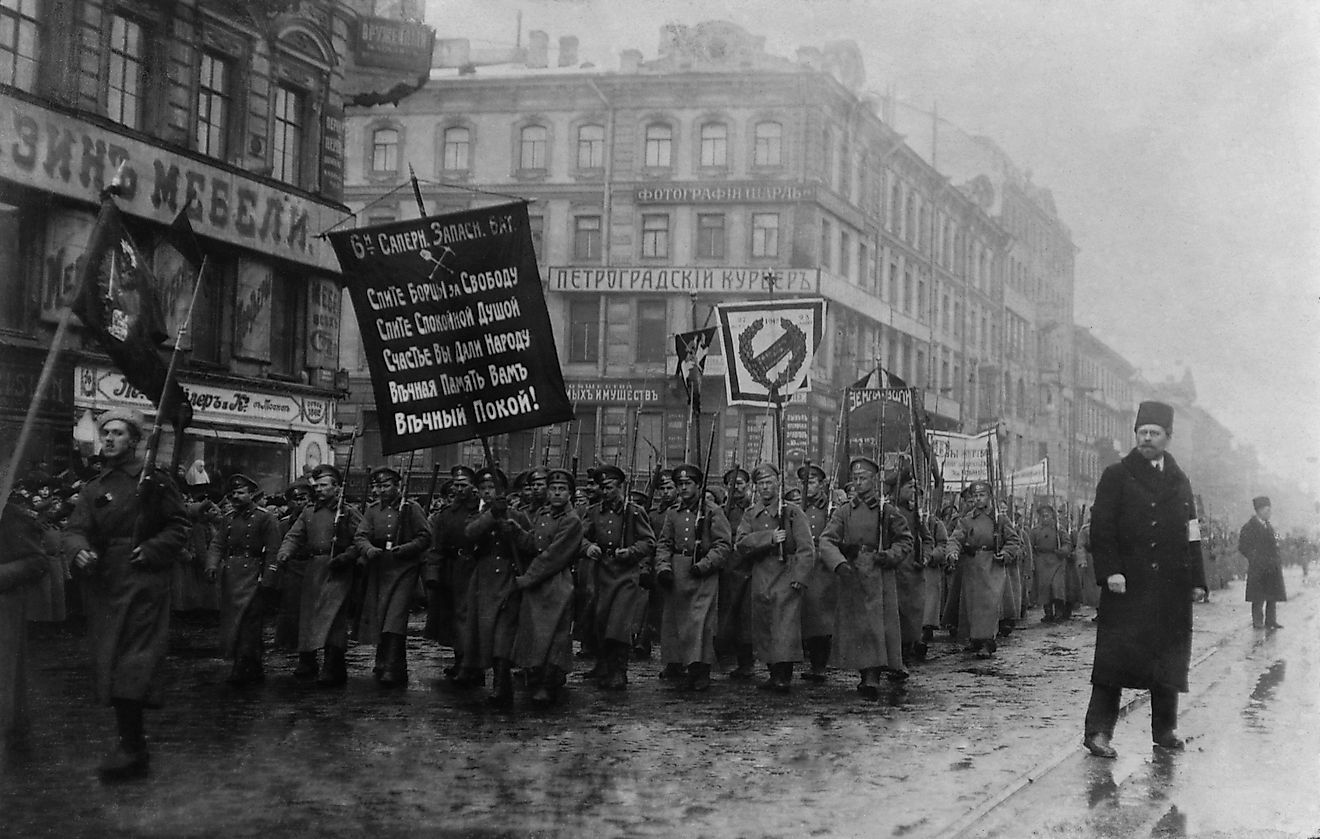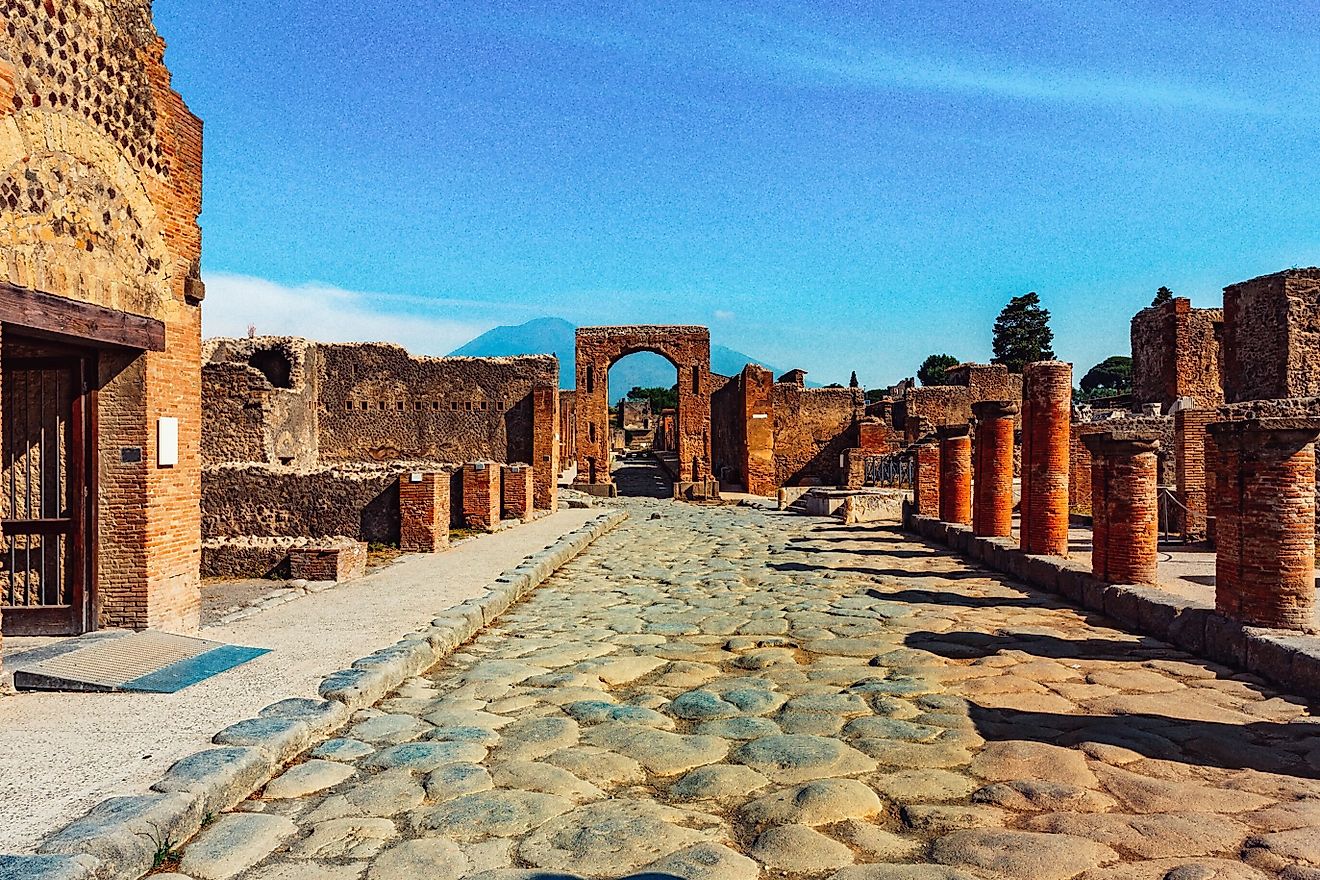
What Really Started The American Civil War
The American Civil War remains the most destructive conflict in the history of the United States. For 4 years, the nation tore itself from limb to limb, and when the dust finally settled in 1865, more than 640,000 Americans were dead. The devastation it would leave in its wake would take decades, if not centuries, to recover.
Countless historians still ferociously debate over the true motivations and causes for what led to the Civil War. Some will place the blame on the institution of slavery, some blame, industrialization, while others point towards westward expansion. As is most things in history, it is a little bit of both.
Industrialization
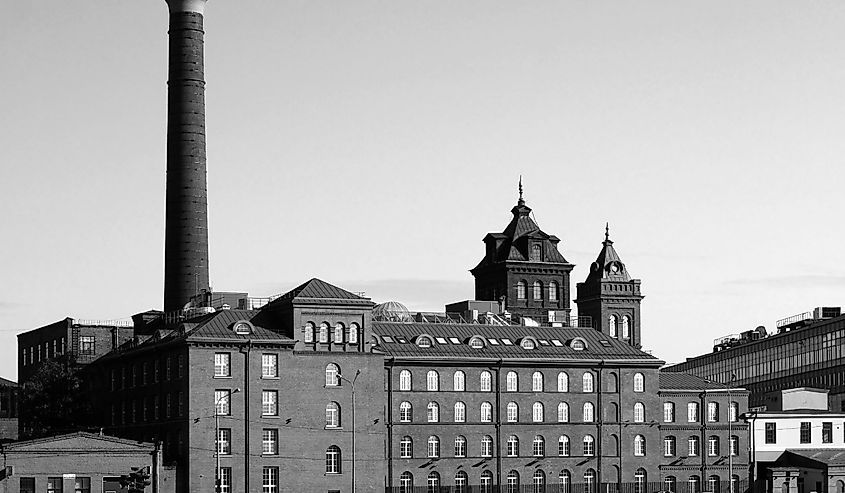
Since the beginning of the 19th century, the United States started to experience the effects of the Industrial Revolution. First originating in the United Kingdom, it was not long before much of the Western World was reaping the rewards of large-scale industry the likes of the world had never seen before.
The northern American states were much faster to adopt this new and efficient way of manufacturing. The large northern cities of Philadelphia, New York, and Boston were quick to transform into industrial hubs of the United States.
The southern states were not so enthusiastic. The South's economy was largely dependent on large-scale farms and plantations that were worked and tended to by African slaves. Certain cash crops that could not be grown in the colder temperatures of the north thrived in the southern heat and humidity. Sugar, tobacco, and especially cotton were the staples of the Southern economy.
While industrialization came with plenty of problems, it did significantly increase the wealth of the average Northerner and placed the North head and shoulders above the South in terms of overall prosperity and power. Something that would only further fuel Southern anxiety about being bullied by their much larger neighbors to the north.
Western Expansion

Even predating the American Revolution in 1776, it was always assumed that the American colonies would eventually expand further inland into the continent. As the population of the United States started to surge in the 1830s, more land was needed to settle in order to accommodate these new arrivals.
As new states were formed and incorporated into the union a heated debate would rage within Washington DC about what path these states would take once they were officially omitted. Would they be free states, or would they be slave states?
Each side of the debate was terrified that as the nation expanded westward, the opposing side would take this as an opportunity to increase their influence and eventually overrule and overpower the other.
In 1821, the Missouri Compromise was passed that guaranteed that no slave state could be established north of the 36º 30’ parallel. This seemed like this would all but ensure an eventual anti-slavery victory but the law was repealed in 1854 in favor of the Kansas-Nebraska Act. This act stated that the two new territories of Nebraska and Kansas would be allowed to vote on whether or not they would allow the practice of slavery within their state or not.
Nebraska's fate as a free state was a forgone conclusion but which way Kansas went was anyone's guess. Both pro and anti-slavery activists flooded into Kansas in an attempt to sway public opinion on the referendum one way or another. Violence and intimidation were not uncommon either. Both sides would take turns running into opposing towns to harass, loot, and even kill members of the opposing side. In total 55 people were killed in the incident from 1855 - 1859.
Slavery and Abolition

Slavery had been a contentious issue in the United States ever since it became an independent nation. There had always been a substantial abolitionist movement in the North that was born out of the religious beliefs of Christian denominations like the Presbyterians and Quakers. These people argued on religious grounds that since God created every man on Earth, no man had the right to own another.
The gradual outlawing of slavery in the North was not done so strictly on moral grounds. Considering the North's economy was not heavily dependent on the large slave-based plantations that were present in the South, it was not too much of a financial sacrifice to do away with the practice of slavery altogether. It was of course a different story in the South.
The main argument from pro-slavery politicians was that since the Southern economy was so heavily dependent on slave labor the sudden outlawing of this practice would destroy the economy overnight. Ironically it was the South's reluctance to industrialize that allowed their economies to become so reliant on slavery in the first place. Not only did this guarantee that Black slaves would never see freedom but it also meant that free Southern Whites were very limited in opportunity. Despite being free many Southern Whites were stuck working low-paying menial jobs with little in the way of upward mobility. In many ways, slavery kept the South poor and only really benefitted a small handful of rich land-owning elites who either had their hands in the pockets of politicians or who were politicians themselves.
Many pro-slavery Southerners also pointed to history as the justification for what the North thought of as barbaric and backward. They argued that slavery had existed throughout all of human history and it was the natural state of some men to be subservient to others. This was also backed up by what we consider today as racist pseudo-science claiming that American Blacks were inferior to American Whites and that their role as slaves was something that was somehow beneficial to them.
Abraham Lincoln

The final straw from the Southern perspective was the election of Abraham Lincoln. Many Southerners saw Lincoln as any slavery radical who was not only going outlaw slavery but also destroy the Southern culture and way of life.
Only a few short months after his election win in 1860, the states of Florida, South Carolina, Georgia, Mississippi, Louisiana, and Texas all announced that they were succeeding from the United States.
It was not until 1861 when a Union supply ship was fired upon near Fort Sumpter in South Carolina that the American Civil War officially began. Arkansas, Kentucky, Tennesee, and Virginia also joined the Confederacy.
Summary
Objectively, the fear coming from the Southern aristocracy that the North would eventually try and end the institution of slavery was the largest contributing factor to the Civil War. And they were right to worry. There was, in fact, a concerted effort by many factions within the Northern states to stamp out slavery once and for all.
No matter if the reason is westward expansion or industrialization, both of these issues tie back into slavery one way or another. The Southern elite was trying to maintain their source of wealth and did not want to give it up. It is a shame that it took so many lives to make such a small amount of people finally see the light. One way or another.
